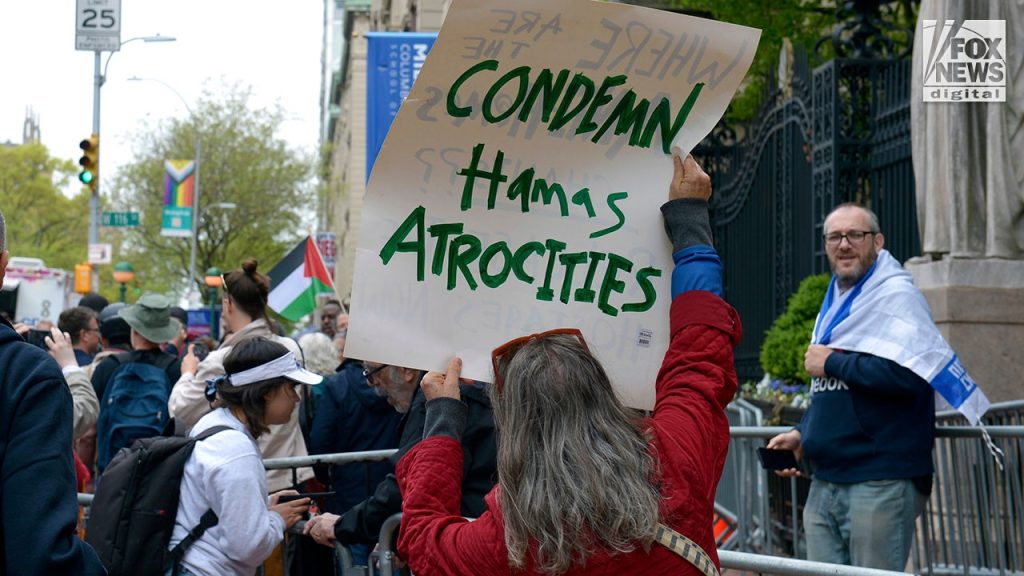A group of 13 federal judges appointed by former President Trump has decided not to hire law school students and undergraduates from Columbia University in response to the school’s handling of anti-Israel protests that led to an academic hall being occupied. In a letter addressed to Columbia University’s president and law dean, the judges expressed their loss of confidence in the institution, accusing it of becoming “an incubator of bigotry.” They called for consequences for students and faculty involved in disruptions and threatened violence, suggesting that expulsion or termination should be considered for violators of established rules.
The judges emphasized the importance of neutrality and nondiscrimination in protecting free speech on campus, criticizing Columbia for applying double standards in these matters. They further suggested that Columbia must change the composition of its faculty and administration to regain trust in the university. The judges condemned ideological homogeneity throughout the institution, stating that recent events have highlighted its inability to train future leaders in a diverse and pluralistic society. As a result, they declared their decision not to hire anyone associated with Columbia, starting with the entering class of 2024, in an effort to restore academic freedom at the university.
While some experts have raised concerns about judges involving themselves in non-courtroom issues, they acknowledge the judges’ ability to exercise their First Amendment rights. William A. Jacobson expressed mixed feelings about the judges’ collective statement, questioning the ethics of their involvement in protest-related matters. Despite agreeing with the substance of their decision, Jacobson highlighted the potential consequences of a blanket boycott on students who may not have been involved in the controversial events at Columbia University. He also predicted that there may be protests or backlash from individuals opposed to the anti-Israel sentiments expressed by some members of the university community.
Jacobson argued that Columbia University has become a symbol of the radicalization present in academia, necessitating external pressure for reform. He suggested that the actions of the federal judges may serve as a warning sign for other institutions that have veered towards extremism. Jacobson expressed skepticism about the possibility of internal reform within academia, indicating that a societal response may be required to address the increasingly polarized environment within universities. In his view, the focus should shift from reforming universities to protecting society from the influence of radicalized academic institutions like Columbia.
In conclusion, the decision made by the 13 federal judges not to hire individuals associated with Columbia University reflects a broader concern about the direction of academia and the role of universities in shaping future leaders. The judges’ letter highlights the need for accountability, neutrality, and diversity of thought within educational institutions. While their action may have stirred controversy, it also raises important questions about the limits of academic freedom, the responsibilities of universities in fostering diverse viewpoints, and the potential consequences of ideological homogeneity within higher education. Ultimately, the judges’ stance serves as a reminder of the ongoing challenges faced by academic institutions in navigating complex social and political issues.


